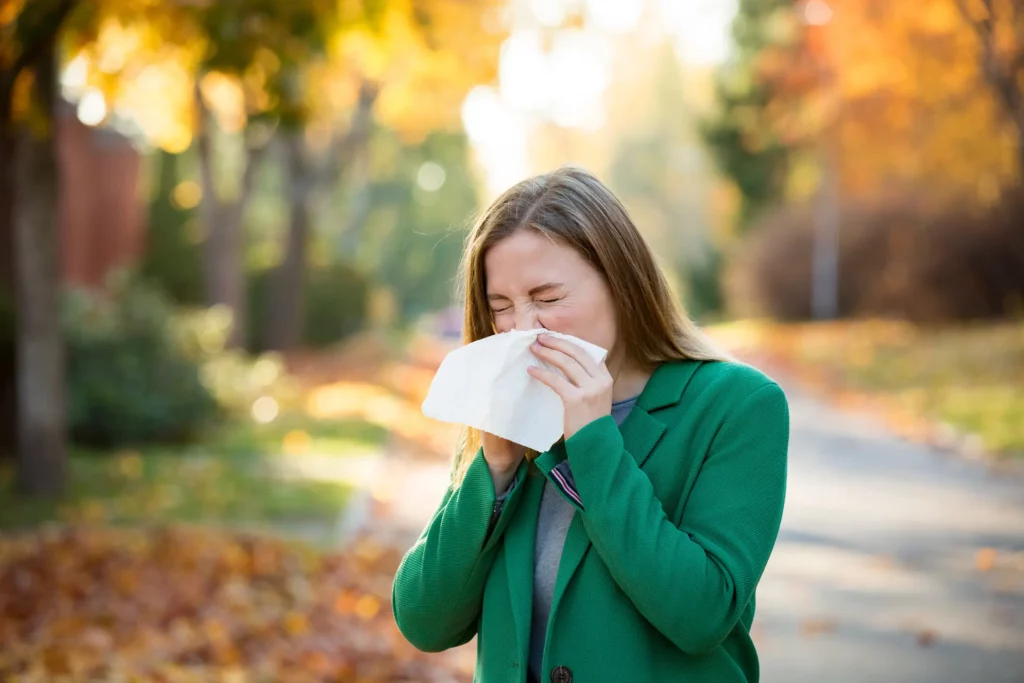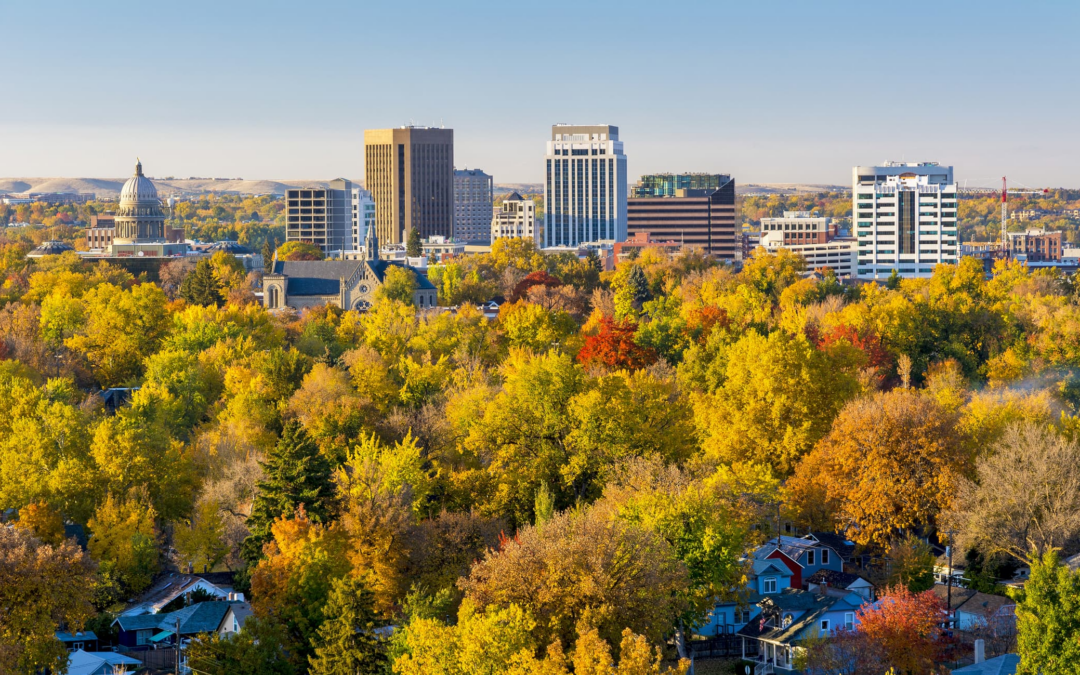Fall is not typically thought of as an allergy season. However, the plethora of allergens in Boise, Idaho during September, October, and November can cause severe flu-like or asthmatic reactions. By learning the fall allergy triggers in Boise, you can help reduce your allergies.
What Are the Common Causes for Allergies in the Fall in Boise, Idaho?
Much like the spring, pollen is a top contender for the main culprit causing allergic reactions in the fall. In Boise, the main plants producing the pollen are weeds or other similar plants.
The most common weed pollen allergen during this time of year is ragweed. Around 10% of people have an allergy to this particular plant, and there’s a moderate amount of them located in Boise, Idaho. Luckily, it’s not too much of a problem for the residents of Boise, but the numbers have been growing every year. Chenopods such as tumbleweeds, pigweeds, and even spinach are also a part of the problem. A few other allergens in the fall include:
- Sagebrush
- Cosmos
- Plantain
- Pine
- Juniper
- Grass
- Sunflowers

How Does Pollen Trigger Asthma?
Pollen allergies often induce hayfever, which is an allergic reaction that can result in itchy or watery eyes and a runny nose, as well as other flu-like symptoms. Asthma itself is a condition in which a person’s airways become inflamed or narrowed, making it difficult to breathe and sometimes leading to a lethal attack. Hay fever can cause a buildup of mucus in the lungs, while an inflammatory allergic reaction caused by inhaling pollen can cause the air pathways to become inflamed, both of which can lead to an asthma attack.
What Are the Symptoms of Allergy-Induced Asthmain Boise?
Allergy-induced asthma is a breathing condition caused by inhaling an allergen, such as pollen. Symptoms of allergy-induced asthma may include:
- Shortness of breath
- Coughing
- Wheezing
- Stuffy nose
- Itchy or watery eyes
- Rash
- Chest tightness
How Can You Manage Allergy-Induced Asthma in Boise?
The best way to manage your symptoms is to see an allergist who can prescribe medication and give you more advice on what to do. An allergist can test you for certain allergens and inform you on what to avoid and how you can manage it. It’s always a good idea to get checked out by an allergy specialist if you think your symptoms may be caused by allergies or asthma. If you’re interested in finding out where you can speak with an allergist, contact us at The Allergy Group. We have offices in Boise, East Boise, Meridian, Eagle, Nampa, and Caldwell.


